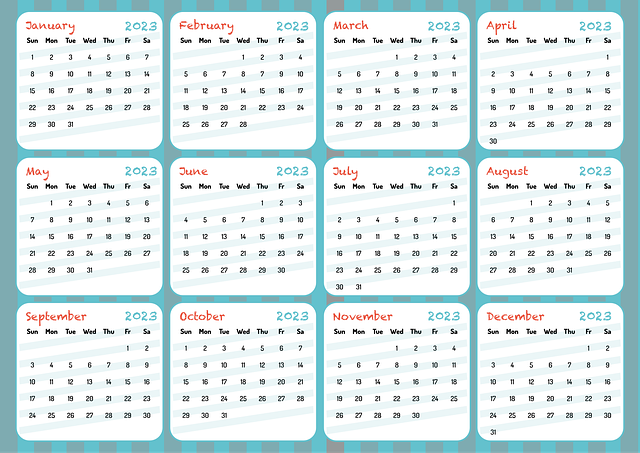For successful Event Planning for Local Businesses, understand your audience by analyzing demographics, interests, and needs of your community. Tailor events accordingly to attract specific groups (e.g., art enthusiasts, health-conscious residents) and foster brand loyalty. Align themes, content, and activities with attendees' professional backgrounds and pain points. Engage directly through surveys and focus groups, incorporate popular trends innovatively, and balance inclusivity for memorable, impactful gatherings that support local economic growth.
Local businesses can elevate their community presence and drive growth through strategic event planning. This article provides an insightful guide to mastering event coordination, focusing on understanding your local audience, implementing effective strategies, and measuring impactful results. Discover how identifying target demographics, researching community preferences, and creating detailed plans can lead to successful events that contribute to the economic vibrancy of your region.
- Understanding Your Local Audience
- – Identifying the target demographic for local business events
- – Researching community preferences and trends
Understanding Your Local Audience

Understanding your local audience is a cornerstone of successful event planning, especially for businesses looking to connect with their community through events. Event planning for local businesses requires a deep dive into the demographics, interests, and needs of their immediate surroundings. By tailoring events that resonate with this audience, businesses can foster strong community ties and encourage engagement.
For instance, a local café might host a weekly art exhibit, drawing in art enthusiasts and locals looking for a cultural experience. Conversely, a sports store could organize a community fitness event, targeting health-conscious residents. Such targeted initiatives not only attract the desired crowd but also leave a lasting impression, fostering brand loyalty among local attendees.
– Identifying the target demographic for local business events

When planning event for local businesses, understanding and identifying the target demographic is a critical first step in event planning for local businesses. Knowing who you’re organizing events for—whether it’s small business owners, potential clients, or industry influencers—is key to crafting an engaging experience. Consider factors like age, interests, professional backgrounds, and pain points specific to your local business community. This tailored approach ensures that the event resonates with attendees, fosters meaningful connections, and drives desired outcomes.
Effective event planning for local businesses involves creating experiences that cater to the unique needs of your target demographic. By aligning the event theme, content, and activities with their interests and challenges, you’ll attract a more engaged audience. For instance, if targeting tech-savvy entrepreneurs, workshops on digital marketing trends or networking sessions with industry experts could be appealing. Conversely, for a more traditional business community, seminars on legal updates or local government relations might prove more relevant.
– Researching community preferences and trends

Understanding your local community is a cornerstone in event planning for local businesses. By researching community preferences and trends, organizers can tailor events that resonate with attendees. This involves delving into demographic data, analyzing past event success, and engaging directly with potential participants through surveys, focus groups, or social media polls. Such insights enable the creation of relevant, engaging activities that foster a sense of belonging and support local economic growth.
Effective event planning incorporates popular trends in unique ways. For example, embracing technology through virtual or augmented reality elements can attract tech-savvy individuals while enhancing overall experience. Alternatively, incorporating traditional cultural practices reflects the community’s heritage, drawing in those who value their roots. Event planners should strive to balance these considerations, ensuring inclusive and memorable gatherings that drive participation and leave a lasting positive impact.
Effective event planning for local businesses hinges on understanding your audience. By identifying specific demographics and researching community preferences, you can create engaging events that resonate with attendees. This strategic approach ensures success in attracting and retaining local customers, fostering a positive image for your business within the community. Mastering these techniques is key to thriving in Event Planning for Local Businesses.
